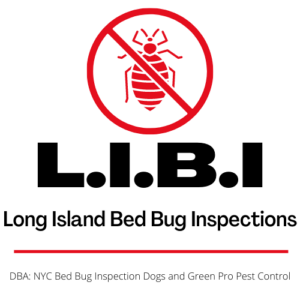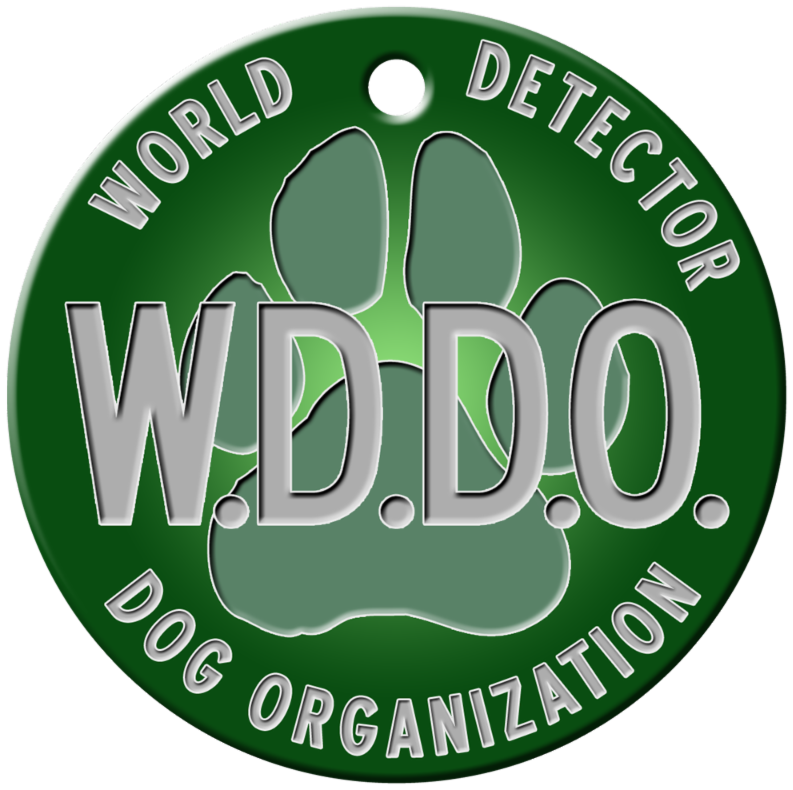The last couple of decades have seen a surprising and robust return of bed bugs to our American homes. Once considered all but extinct these insect bloodsuckers have had a startling resurgence, with reports of infestations coming from both urban-rural communities. It seems that no community is totally safe from these invasive parasites.
The recent boom in infestations has many people asking if bed bugs carry diseases. It’s a reasonable question. After all, many other biting insects (mosquitos and ticks for example) are known to be able to transfer diseases to humans, so it’s by no means unreasonable to wonder if bed bugs pose a similar threat.
What are Bed Bugs?
Bed bugs are small flightless insects that feed on the blood of mammals. Bed bugs are slow-moving and reclusive. They are also extremely fast breeders, so it doesn’t take long for a small family of bed bugs to turn into a full-scale infestation. Once they invade a home or office they will begin searching for a reliable source of food, and unfortunately for you and me, that means human blood.
Bed bugs are crawling insects, and because they are slow-moving they tend to congregate and feed on humans when they are at rest. These troublesome pests will find a place where their human hosts go to be still. Places where people relax, sleep or settle for long periods of time. Where we see sedentary human bed bugs see an easy meal, and it is then when they will come out of hiding and begin to feed.
How to Tell if you’ve Been Bitten by a Bed Bug
It’s not unusual for bed bugs to go unnoticed in a home until they begin feeding on their hosts. The telltale bites, and the subsequent rashes that accompany those bites, are often the first indication that there is a bed bug infestation in the home.
Bed bug bites typically appear as small red welts. They often appear in groups, and can take on a zigzag pattern as a result of the bed bug’s feeding habit of biting several times until it’s satiated. This cluster of bites often presents as rash-like, with most victims complaining of an irritating itchiness around the affected areas.
Bed bug bites can be slow to heal, and can often remain visible and irritable for several weeks after they first appear. The irritation that accompanies the bites and the rash can be soothed with calamine lotion or anti-itch cream. Over the counter antihistamines can also be used to reduce the itching burning that accompanies a bed bug rash.
Do Bed Bugs Carry or Spread Disease?
As frightful as a bed bug infestation can be, the good news is there is no indication that the blood-sucking pests carry or spread any diseases to their hosts. Clinical testing does show that bed bugs, like all living organisms, do carry bacteria and viruses. But these do not appear to affect humans in any way, and are not a source of transferrable diseases.
So, while a bed bug bite might be itchy and irritating it poses no direct threat to the victim’s health. Of course, that doesn’t mean those bed bug bites are entirely benign.
The Danger of Secondary Infections
Bed bugs may not carry diseases, but that doesn’t mean that you can’t get sick from their bites. Bed bug bites are tiny wounds, and as with any wound, there is always the threat of a secondary infection. If you scratch at the bed bug rash and break the skin you can end up with an infection that may need to be treated by a medical professional. To prevent infections try not to scratch any bites and keep the area clean with soap and water.
Allergic Reactions
The itchiness that so often accompanies a bed bug bite is an allergic reaction, and some people are more susceptible than others. That’s why some people suffer more from a bed bug rash than others. In a small number of cases, the allergic reaction can be so sever that the victim will need professional treatment. Fortunately, however, that is not the norm and most people will only have to endure a mild irritation and itch that can be easily treated with over the counter medications.
Bed Bug Removal
Bed bugs may not carry or spread diseases but that doesn’t mean you want to share your living space with them. If you suspect you have a bed bug invasion on your hands the best advice is to act quickly. Contact a professional bed bug removal service and schedule an inspection. If your home is found to be hosting a colony of bed bugs your removal expert will suggest an immediate plan of action.
Published by Scott Palatnik
If you believe you’ve brought bed bugs into your home or office, give us a call, we can help!
Now with 2 locations. On Long Island @ 516-619-6149, or in NYC @ 212-299-9186
We are Long Island Bedbug Inspections.
Your Bedbug Inspection, and Elimination solution.


